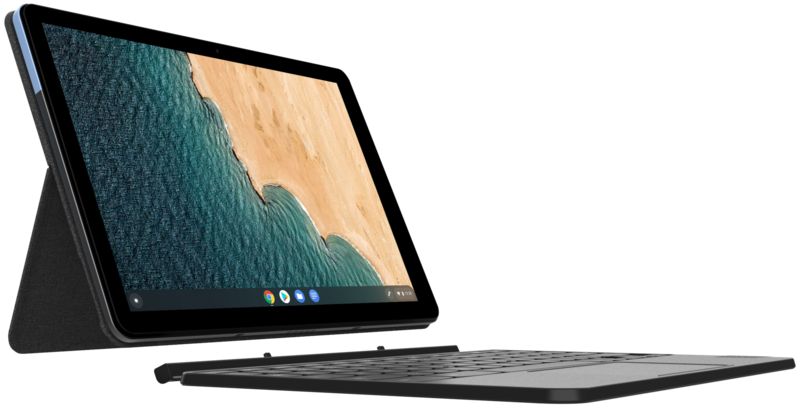Chromebooks currently come with expiration dates, but soon they might not matter
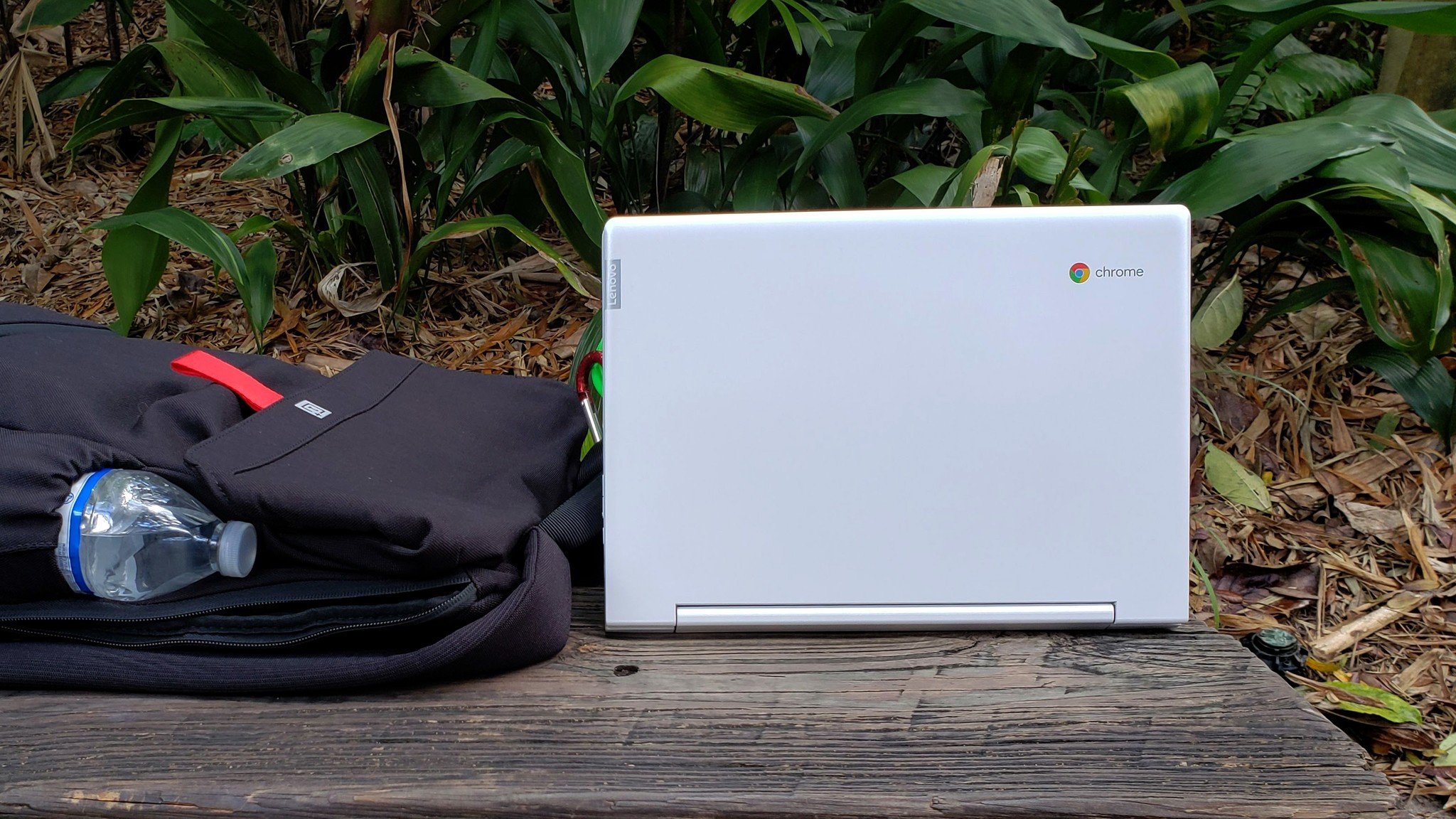
Even the best Chromebooks on the market have one very distinct disadvantage when compared to Windows and Macs: they come with an expiration date. All Chromebooks updates are handled directly by Google, and since Google doesn't want to be burdened with keeping things compliant and bug-free with every random chipset ever used in a Chromebook, each Chromebook comes with a date after which Google no longer guarantees the laptop will get Chrome OS updates.
This is the Auto Update Expiration date, also known as the AUE date.
Because retailers tend to stock the same laptop for years after it is launched, the AUE date is one of the most important things to look at when you're buying a Chromebook. While new Chromebooks launched in 2020 have tended to launch with 6-8 years of Chrome OS updates — even budget-minded Chromebooks like the Chromebook Duet have AUE dates of June 2028 — models unveiled two years ago like the Lenovo Chromebook C330 launched with AUE dates of 2022 (dates that have since been pushed to June 2025).
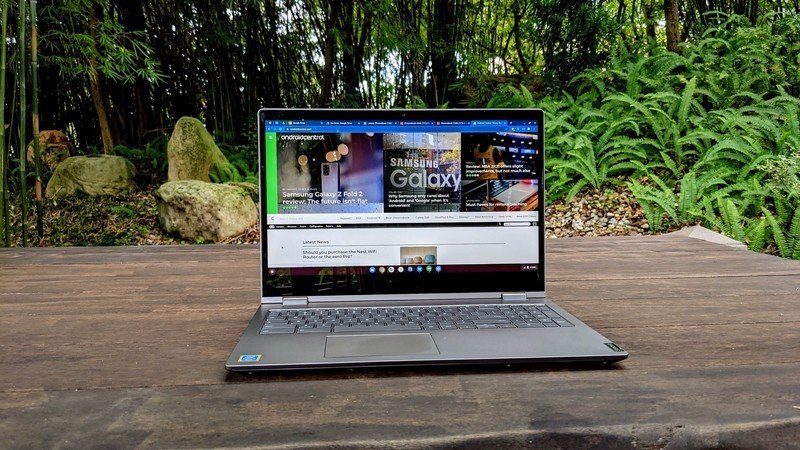
Chrome OS is designed to run on older, weaker hardware.
This built-in obsolescence is obviously not a great thing for the everyday consumer — especially on the budget-minded Chromebooks that dominate the segment — and a project to help fix it reached an important milestone over the weekend. It's called Lacros, and its ultimate goal is to decouple Chrome from Chrome OS so that the most important part of your Chromebook keeps get updated even after OS updates stop.
This project launched months ago and had a flag you could enable in Chrome Canary. Still, the flag and the icon it produced didn't actually do much of anything until this weekend, when Lacros finally opened and ran as a separate Chrome browser alongside the main Chrome OS-version.
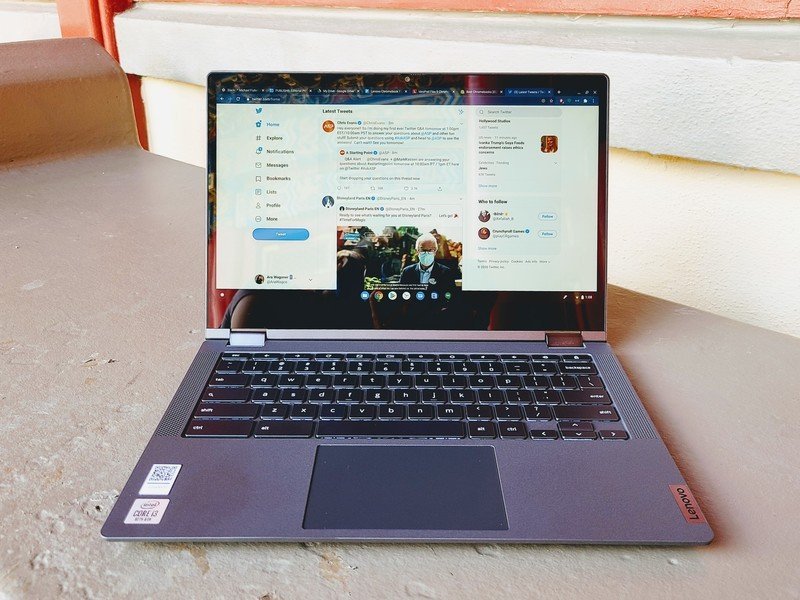
You could go play with Lacros right now — if you were willing to switch to the Canary channel and then enable the Lacros flag — but I wouldn't bother yet. While this is something that will have phenomenal potential, the end game here is to have Lacros work exactly like the current Chrome browser and eventually replace it seamlessly. This would allow users to continue to have a secured, updated experience on the Chrome browser even if the basic Chrome OS system was no longer being updated.
Considering that the Chrome OS system is so stripped down — it's a basic framework on which the Chrome Browser, sandboxed Android apps, and sandboxed Linux apps sit — having the core System UI updated isn't nearly as important as having the Chrome browser itself updated. After all, nothing you install on a Chromebook should ever touch the core system. If Chrome Browser could be updated through Linux, and Android apps could keep updating through Google Play, an expired Chromebook would still be a perfectly viable option for those who can't spend hundreds on a new laptop every five years.
Get the latest news from Android Central, your trusted companion in the world of Android
Chrome OS is designed to run on older, weaker hardware — it's how Chromebooks have dominated the budget laptop category — and if Lacros is successful, then the affordable workhorses Chrome has built its brand on will have even more long-lasting value. Imagine a $250 Chromebook that could last a decade. Especially with the durability standards that Google has for educational and Enterprise Chromebooks, a Chromebook that could keep chugging along once System UI updates stop would be phenomenal.
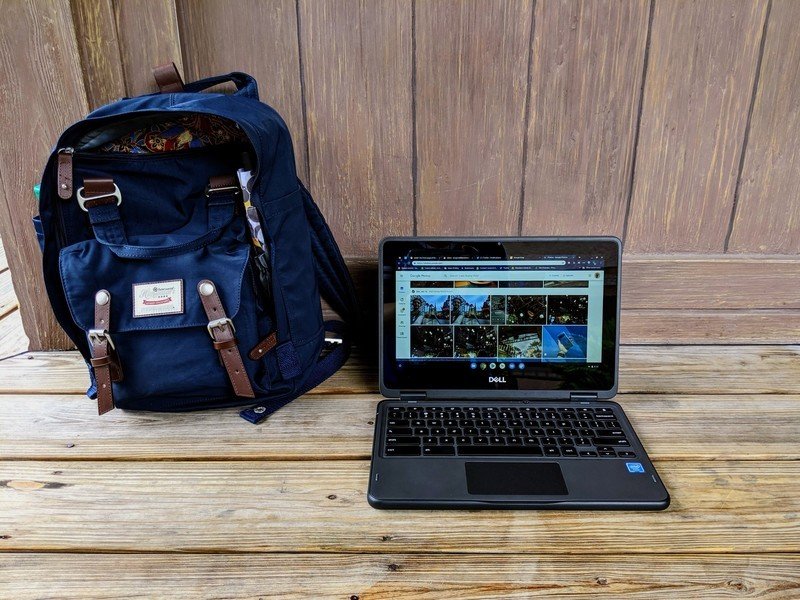
This is an incredibly important project right now, as we're in the midst of a Chromebook shortage and school districts could very much use a way to extend the life of older Chromebooks while they're waiting months and months for new shipments to arrive. Of course, we're still months — possibly years — away from this being rolled out to Chromebooks. Still, the progress made in just five months is very promising, and I look forward to the day when an AUE date isn't a death sentence for a Chromebook that's old but still otherwise perfectly functional.
Ara Wagoner was a staff writer at Android Central. She themes phones and pokes YouTube Music with a stick. When she's not writing about cases, Chromebooks, or customization, she's wandering around Walt Disney World. If you see her without headphones, RUN. You can follow her on Twitter at @arawagco.
